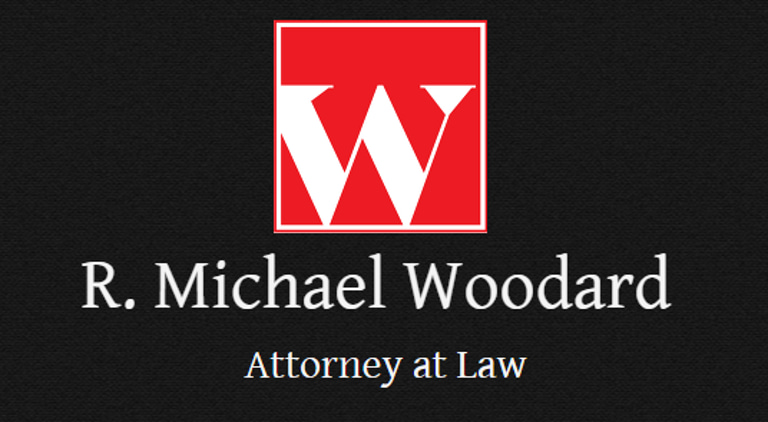

Levels of DWI in North Carolina
In North Carolina, Driving While Impaired (DWI) offenses are classified into different levels based on the severity of the offense and certain aggravating factors. The classification system helps determine the range of penalties an individual may face upon conviction. The levels are commonly referred to as "punishment levels." Here is an overview of the different levels of DWI in North Carolina:
Level 5 DWI:
Mitigating factors outweigh the aggravating factors
Punishments: Up to 60 days in jail, fines, and possible license suspension
24 hours of community service
Level 4 DWI:
The mitigating factors are equal to the aggravating factors
Punishments: Up to 120 days in jail, fines, and possible license suspension
48 hours of community service
Level 3 DWI:
The aggravating factors outweigh the mitigating factors
Punishments: Up to six months in jail, fines, and possible license suspension
72 hours of community service
Level 2 DWI:
One grossly aggravating factor is present
Punishments: Up to one year in jail, fines, and possible license suspension
A mandatory seven-day imprisonment is required, though a judge has the discretion to allow substitution with inpatient alcohol treatment instead of serving time in jail.
Level 1 DWI:
Two grossly aggravating factors are present
Punishments: Up to two years in jail, fines, and possible license suspension
A mandatory thirty day imprisonment is required, though a judge has the discretion to allow substitution with inpatient alcohol treatment instead of serving time in jail.
Aggravating Factors:
Aggravating factors can include prior DWI convictions, a BAC significantly above 0.15%, reckless driving, driving with a revoked license, and the presence of minors in the vehicle.
Grossly Aggravating Factors:
Certain aggravating factors are classified as "grossly aggravating." These include prior convictions within a specified time frame, driving with a revoked license due to a prior DWI, and causing serious injury to another person while impaired.
Felony DWI:
In certain circumstances, a DWI offense can be elevated to a felony. This typically occurs if there are multiple prior convictions within a specific period, or if the offense involves serious injury or death.
It's important to note that these punishment levels provide a general framework, and the specific penalties may vary based on individual case details and the court's discretion. It is very important to hire an experienced DWI defense attorney is crucial for understanding the specific implications of the charges and building an effective defense strategy. An experienced DWI lawyer can help a person navigate this tricky terrain and ensure that the mitigating factors outweigh the aggravating factors.
Get in touch
Address
3805 E. Ash Street Goldsboro, NC 27534
Contacts
Call or text: 919-778-6080
michael@michaelwoodardlaw.com
